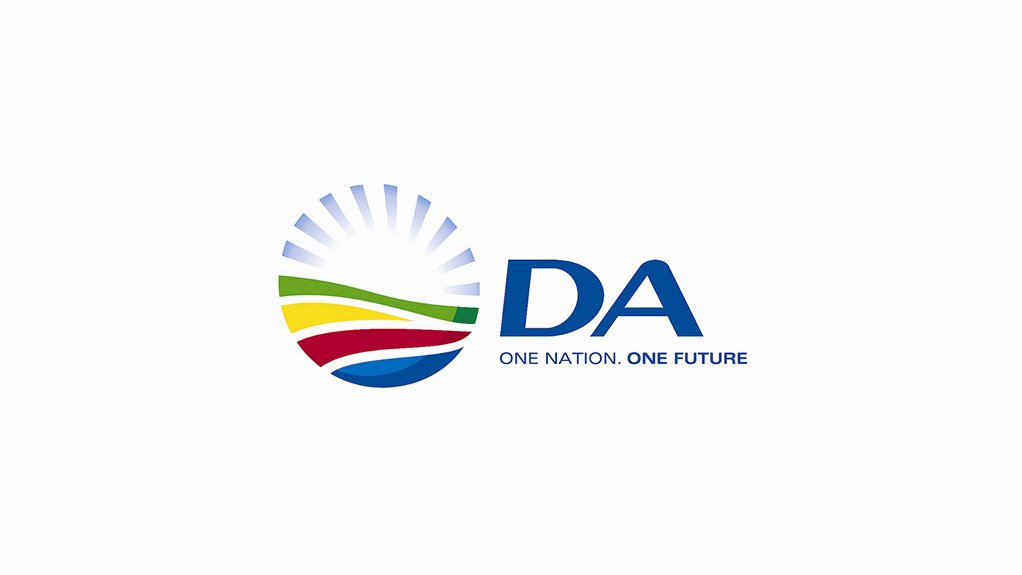/ MEDIA STATEMENT / The content on this page is not written by Polity.org.za, but is supplied by third parties. This content does not constitute news reporting by Polity.org.za.
The Minister of Police, Nathi Nhleko’s assertions that the Private Security Industry Regulatory Authority (PSIRA) Amendment Bill is consistent with the Constitution is wrong. The Bill in its current form is in breach of the Bill of Rights and international trade agreement obligations. The DA therefore reiterates its calls for President Jacob Zuma not to sign this xenophobic piece of legislation into law.
This comes after Minister Nhleko reportedly stated the Private Security Bill is “constitutional and meets the country’s international trade agreements.”
This simply isn’t true for a number of reasons below.
On 11 March 2014 the DA petitioned President Zuma in terms of section 79 of the Constitution requesting that the Bill in its current form be sent back to Parliament for reconsideration on account of it being procedurally and materially unconstitutional.
The Private Security Bill, in its current incarnation, is a threat to job creation and our economy. It will deter investment in South Africa, causing job losses. And the closure of many private security companies will add further pressure on an already over-burdened South African Police Service (SAPS). In short, crime will soar and jobs will be lost.
Our petition outlines several key concerns: it is in contravention of the Bill of Rights; is in violation of international obligations; and has other constitutional concerns.
This is an infringement on at least two sections of the Bill of Rights:
It infringes on the right to equality in section 9, which provides that “everyone is equal before the law and has the right to equal protection and benefit of the law”.
The second provision of the Bill of Rights that is infringed is section 25. By providing that a security company may only be registered if at least 51% of the ownership and control is exercised by South African citizens, the Bill will affect existing security companies when they have to renew their registration as provided for in section 22 of the main Act. This amounts to de facto expropriation, as was stated by several organisations which made public submissions on the Bill, and an arbitrary deprivation of property.
Chief of the DA’s concerns is clause 20(2)(c) of the Bill which will effectively violate South Africa’s agreement under the General Agreement on Trade in Services (GATS) in that it will impose less favourable terms on those foreign companies involved in the security industry than on their domestic competitors. This Amendment additionally allows the Minister free-reign to expropriate any percentage of any foreign-owned security-related company in South Africa.
Clause 20(2)(c) had been reinserted into the Bill by the then-Chairperson, who was not returned to Parliament by the ANC, and the now-gone Secretary of Police without the Committee having discussed the matter or agreeing to such a reinsertion of the clause at the eleventh hour. The DA, backed by all other political parties on the committee, objected vehemently because of the adverse effect this will have on job creation.
Moreover, section 233 of the Constitution requires courts to interpret legislation so that it is consistent with international law. The Bill as it stands will make such interpretation impossible because the Bill is contradictory to our international obligations. This is clearly unconstitutional and unlawful.
According to the Constitution, property may only be expropriated, for a public purpose or in the public interest, and subject to compensation agreed to or determined by a court.
Ultimately, there is a reason why this is a R60 billion industry: private security companies are essential in the fight against crime. Private security companies free up capacity for the South African Police Service (SAPS) to focus on areas where violent crime is at its highest, and in communities which cannot afford private security at all. If private security firms leave, and some will after this Bill is passed, there will be more demand on an already over-stretched SAPS. In the end it will be the communities with the highest rates of crime that will feel the brunt.
The President must strongly consider our position on this xenophobic piece of legislation and send it back to Parliament for thorough reconsideration.
With crime on the rise, an over-burdened police service in rapid decline and a Police Minister who, given his recent conduct, cannot be trusted; President Zuma must bring this Bill back to Parliament so it can be fixed.
Issued by the DA
EMAIL THIS ARTICLE SAVE THIS ARTICLE
To subscribe email subscriptions@creamermedia.co.za or click here
To advertise email advertising@creamermedia.co.za or click here











